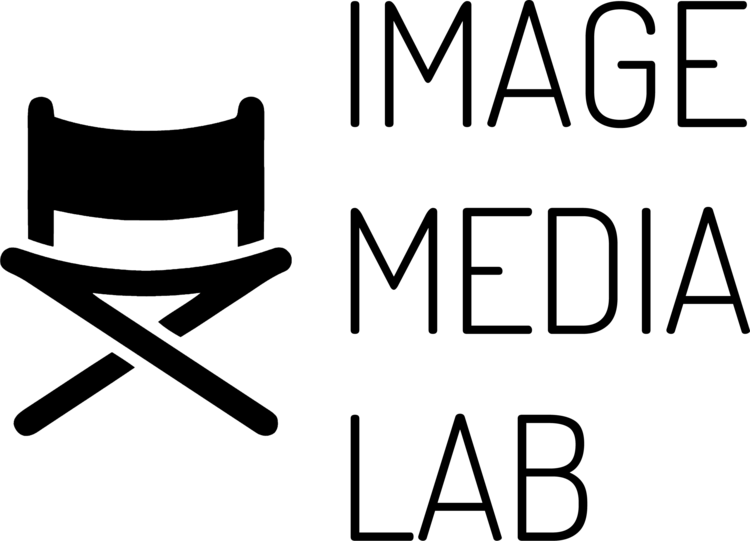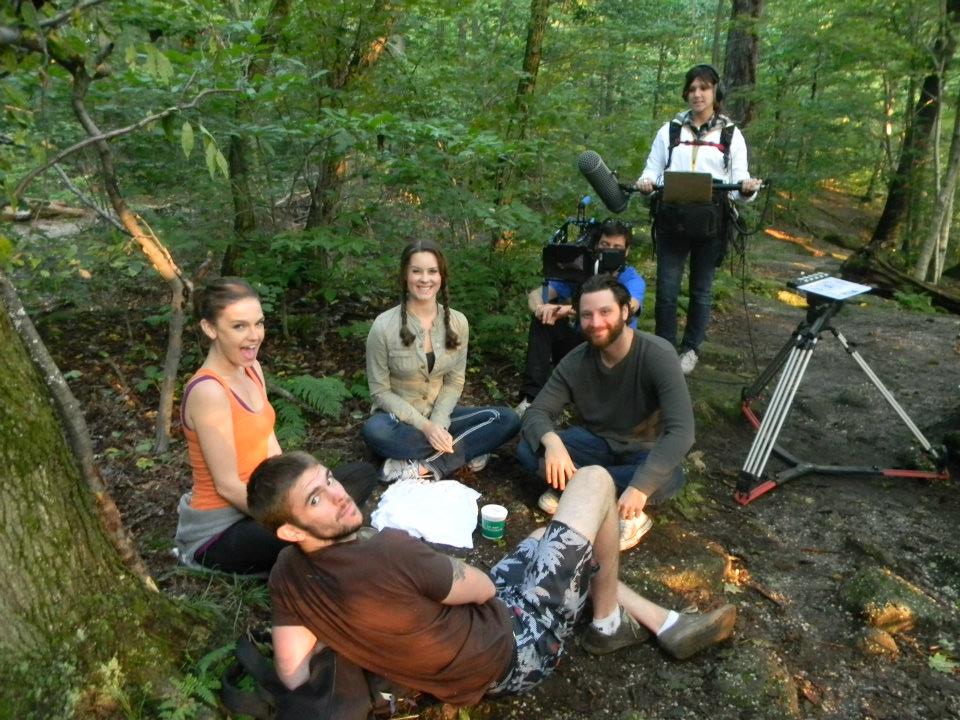If you've ever cast a narrative project before, I'm guessing it went something like this:
· You or your casting director sent out a tersely-worded list of character descriptions to actors/agents.
· A plethora of actor submissions came pouring in, far more than you could realistically sift through and assess the worth of.
· You picked a handful of those submissions based mostly on their resumes/pictures/video and, if you're fortunate enough to have a good casting director, recommendations of actors they are familiar with the work and appropriateness for your needs of. You emailed them small excerpts from your script to prepare in advance, having no context on their place in the story. Or, if you did make the full script available, did not provide nearly enough time for the actor to actually find time in a busy life to read it.
· These actors were scheduled for audition appointments where they were herded through a sterile studio space in five to eight minute increments, during which they were rushed through both introducing themselves as a professional human being and presenting their take on material they know little to nothing about. They either presented that take while "acting" across from an emotionless reader who could care less about giving the actor something to work with, or a casting director that is far more concerned with judging the performance of the actor than being present in the scene with them.
· The actors who best navigated a process that is NOTHING like the one the performance will ultimately be given in were then chosen for callbacks, where they came in and had to do basically the same awkward and detached thing in a room with way more people in it to stare at and critique them while they did so.
· Maybe you sat face-to-face with the top few choices and had a conversation with them, to see whether you want to spend stressful 18-hour days on set for a few weeks with the person...but probably not.
· You made your poorly-informed decisions.
If you were unable to ascertain my dislike for the above process from the negativity dripping off the words outlining it, let me clarify: it sucks. It's an atrocious way to gauge both the person and their ability to perform the role the filmmaker is hoping to cast. I have been into these rooms as an actor hundreds, maybe even into the thousands, of times - I thankfully am not keeping track. I have also sat on the other side of the table in these rooms as a filmmaker many a time, so it's not just the spiteful actor in me that feels this way...though said persona is definitely cheering on these sentiments. The audition room couldn't be less conducive to creating an environment that allows the casting decision-makers to gauge whether the actor could, and would be best suited to, play a given role in a film shoot setting.
So why is this how casting has been, and continues to be done? Because a better idea hasn't been thought of, or at least hasn't caught on, is my only guess. I meet brilliant people in this industry on a daily basis so that shocks me, but the fact remains.
Well, I have an idea. I tested it on my last feature, What Would Bear Do?, and was incredibly pleased with the process and the results. I am doing it again on my upcoming project, catch 22: based on the unwritten story by seanie sugrue, and hopefully you will at least consider putting this antiquated horse out to pasture, and changing the casting culture in our industry, on your next project.
(To be continued...)
::-::
Josh Folan is a producer, writer, director and actor with professional credits dating back to 2005, prior to which he studied finance at The Ohio State University. Filmmaking highlights since founding NYEH Entertainment in 2008 include BODY (2015 Slamdance premier, co-producer), All God’s Creatures (2011 Hoboken Int’l premier, best screenplay and actress nominations, writer/producer), it’s just One line (2012 Film Racing NYC 24 Hour Film Race finalist, writer/director/producer), and What Would Bear Do? (writer/director/producer). Also an author and contributor to the independent filmmaking blog community, he penned the low-budget indie case study Filmmaking, the Hard Way. You can follow him (@joshfolan) and NYEH (@nyehentertains) on twitter and facebook if you’d like to keep up with his coming soons.



